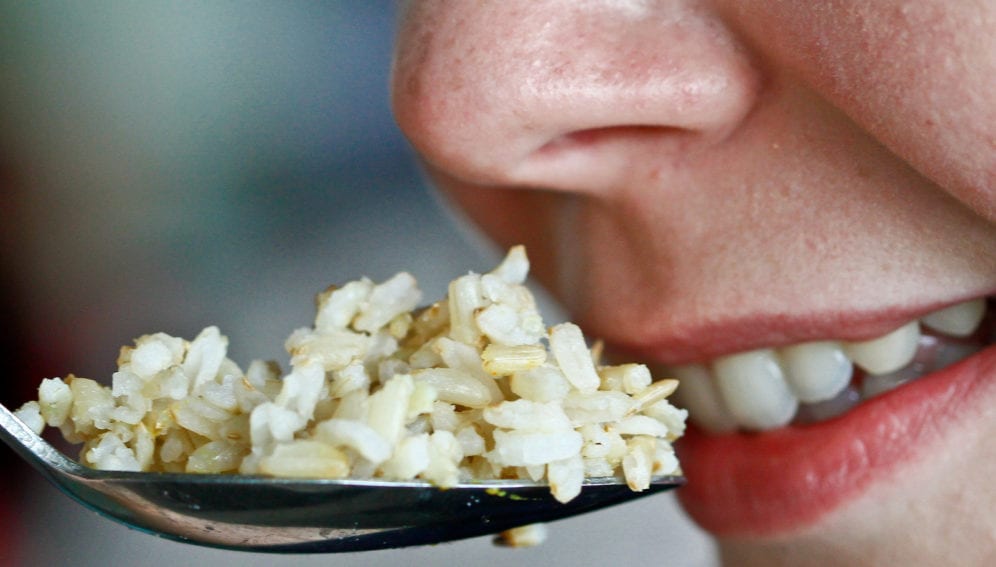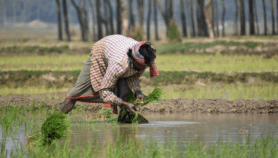By: Naimul Haq
Send to a friend
The details you provide on this page will not be used to send unsolicited email, and will not be sold to a 3rd party. See privacy policy.
[DHAKA] Steamed rice, the staple of most Bangladeshi people, may be a source of arsenic poisoning apart from contaminated drinking water, a new study shows.
The findings of the study, published in PLoS One on 15 November, confirm similar initial leads offered by smaller-scale studies in the past.
The study, the largest yet, analysed extensive data gathered between 2000 and 2002 on the health effects of arsenic poisoning in over 18,000 people in the arsenic-contaminated area of Araihazar near Dhaka.
Specifically, the study looked at the link between rice consumption and skin lesions, as well as the presence of arsenic and its breakdown products in urine samples of volunteers.
According to the study, arsenic intake through drinking water may “overshadow” the potential impact of exposure from rice in areas where arsenic content in the drinking water is high. In other areas rice is the major route for arsenic poisoning, it says.
Habibul Ahsan, director of the Centre for Cancer Epidemiology and Prevention, University of Chicago and lead author of the study, tells SciDev.Net, that since Bangladeshi people are already exposed to arsenic-laced drinking water they “should consider reducing their heavy reliance on steamed rice and diversify their diet by adding other affordable grains and vegetables that do not absorb arsenic.”
According to Mahmudur Rahman, chief coordinator, Dhaka Community Hospital, since 95 per cent of groundwater is currently used for irrigation and non-drinking purposes, the problem of arsenic poisoning goes far beyond drinking water.
“There is an urgent need for wider investigation of arsenic in other food (crops) in Bangladesh,” Rahman says.
Parvez Haris, head of the biomedical and environmental health group at De Montfort University, Leicester, UK, and a co-author, says, “The higher the amount of contaminated (arsenic) rice people consumed, the higher the risks of toxicity.”
Sharmeen Murshid, chief executive officer of the NGO, Brotee, says the study points to several new policy directions. “It is time that the government screens which rice varieties are safe for consumption.”














